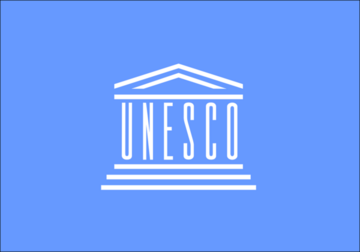
Unesco
This study, which covers 121 UNESCO Member States, represents a global benchmarking of journalistic source protection in the Digital Age. It focuses on developments during the period 2007-2015. The legal frameworks that support protection of journalistic sources, at international, regional and country levels, are under significant strain in 2015. They are increasingly at risk of erosion, restriction and compromise - a development that is seen to represent a direct challenge to the established universal human rights of freedom of expression and privacy, and one that especially may constitute a threat to the sustainability of investigative journalism.
In many of the countries examined in this Study, it was found that legal source protection frameworks are being actually or potentially:
• Overridden by national security and anti-terrorism legislation
• Undercut by surveillance – both mass and targeted
• Jeopardised by mandatory data retention policies and pressure applied to third party intermediaries like ISPs, telcos, search engines, social media platforms - to release data which risks exposing sources
• Outdated when it comes to regulating the collection and use of digital data, such as whether information recorded without consent is admissible in a court case against either a journalist or a source; and whether digitally stored material gathered by journalistic actors is covered by existing source protection laws.
• Challenged by questions about entitlement to claim protection - as underscored by the questions: “Who is a journalist?” and “What is journalism”?
Several of these categories intersect and overlap, especially in the cases of national security, surveillance and data retention. These findings are based on an examination of the legal source protection frameworks in each country, drawing on academic research, online repositories, reportage by news and human rights organisations, more than 130 survey respondents and qualitative interviews with nearly 50 international experts and practitioners globally. The study was commissioned as part of the research for an overarching global UNESCO Internet Study, mandated in 2013 by UNESCO’s General Conference of 195 Member States in Resolution 52.
Author: Julie Posetti
This publication is available in Open Access under the Attribution-ShareAlike 3.0 IGO (CC-BY-SA 3.0 IGO) license (http://creativecommons.org/licenses/by-sa/3.0/igo/). By using the content of this publication, the users accept to be bound by the terms of use of the UNESCO Open Access Repository (http://www.unesco.org/openaccess/terms-use-ccbysa-en).
Tags: Safety of journalists Media freedom Freedom of expression Media pluralism SurveillanceThe content of this article can be used according to the terms of Creative Commons: Attribution-NonCommercial 4.0 International (CC BY-NC 4.0) . To do so use the the wording "this article was originally published on the Resource Centre on Media Freedom in Europe" including a direct active link to the original article page.

